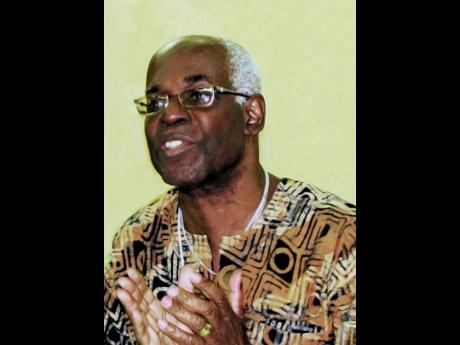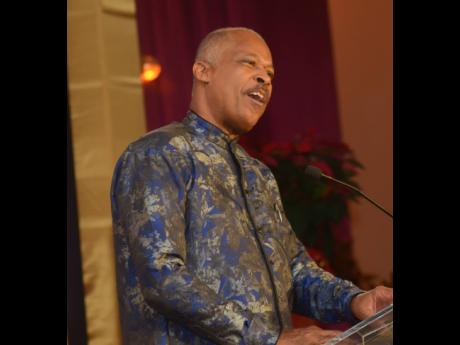Garvey should be accorded Caribbean hero status – Beckles
Marcus Mosiah Garvey, who was appointed Jamaica’s first national hero in 1969, should be recognised at the regional level and accorded the status of Caribbean hero, according to Vice-Chancellor of The University of the West Indies (UWI) Professor Hilary Beckles.
His call came during the recent Vice-Chancellor’s Forum on the theme ‘Exonerating Garvey’ hosted by The UWI, in collaboration with The P.J. Patterson Centre for Africa-Caribbean Advocacy and The Centre for Reparation Research.
The forum was in keeping with renewed attempts at bringing heightened attention to the injustice against the Jamaica-born black rights activist, who had a decisive impact on the struggle for racial equality and civil rights in the United States and Europe, as well as in the decolonisation of Africa, Latin America and the Caribbean.
“The call for exoneration is an act of healing of humanity, of justice and compassion, and an act of solidarity with the global democracy movement. He is a regional hero, and in my judgement, should be so recognised in every national state, in every community that is Caribbean, as a regional hero. For his commitment to humanity, he was persecuted and prosecuted. He was convicted on the basis of fabricated evidence and he was a victimised freedom fighter and convicted within that context of fabrication,” Beckles said.
The vice-chancellor reminded his audience that at the dawn of the 20th century, Garvey led the largest democratic movement in the world. It was global in all its dimensions, covering pan-Africanism, pan-Asianism and also participated in the movement for liberations for colonised communities in Europe as well.
The forum was moderated by director of the Centre for Reparation Research, Professor Verene Shepherd, with professor emeritus of political thought at The UWI and an international scholar of the Garvey Movement, Rupert Lewis, also contributing to the case for his posthumous exoneration, 100 years after he was charged for mail fraud on the orders of J. Edgar Hoover, the first director of the Federal Bureau of Investigation of the United States.
Assassination attempt
Throughout Garvey’s life, controversy about his ideals and leadership meant that he functioned in perpetual ideological, cultural, political and economic minefields, as he sought to challenge the racial subordination and economic exploitation being experienced by black people. The trial by an all-white jury reflected the systemic racial bias of the US justice system and followed a pattern of punitive measures against Garvey. Among these were the fact that he was the target of an assassination attempt in 1919, Lewis explained.
A case was even made against the Jamaican for breaking an immorality statute while travelling with his secretary, Amy Jacques, to whom he was not yet married. He was also charged unsuccessfully with income tax violation, so desperate were Hoover and the Justice Department to fabricate evidence against the freedom fighter.
While promoting shares for one of the Black Star Line ships Garvey was charged with mail fraud in 1922.
He was sentenced to five years in 1925 and the sentence commuted by US President Calvin Coolidge in 1927, on the advice of Attorney General John Sergeant who was critical of J Edgar Hoover’s investigative tactics.
Lewis also pointed out that The Bureau of Investigation, precursor to the Federal Bureau of Investigations, dubbed Garvey an undesirable and, indeed, a very dangerous alien. This was so because of the rapid growth of the Universal Negro Improvement Association (UNIA) and African Communities League. Evidence of this growth was seen in the publication of the Negro World newspaper, the development of the Black Star Line and the convention of the UNIA held in Madison Square, New York City, in August 1920, which brought together delegates from many parts of the world, where they developed the Declaration of Rights of Negro Peoples, a pioneering document for racial justice and human rights.
“The struggle for exoneration and the removal of the slander that he was using the mail to defraud from Garvey’s name, enables us to put one side the lies that have tainted his reputation, while his philosophy and teachings continue to inspire in the United States and elsewhere,” Lewis said.


